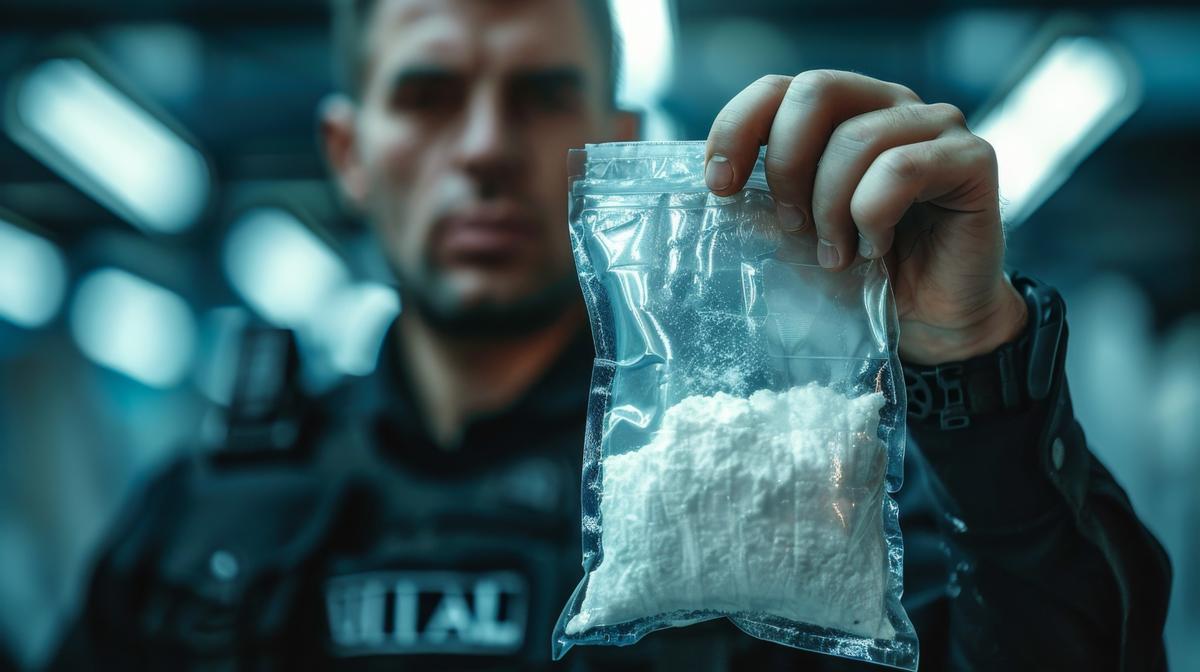
Possession for the Purpose of Trafficking
Controlled Drugs and Substances Act
A conviction under the Controlled Drugs and Substances Act (CDSA) can have severe repercussions, including travel restrictions and obstacles in securing future employment. If you are facing charges related to possession for the purpose of trafficking, contact Song Criminal Defence for immediate legal support.
Controlled Drugs and Substances Act, Section 5:
(1) No person shall traffic in a substance included in Schedule I, II, III, IV, or V, or in any substance represented or held out to be such a substance.
(2) No person shall, for the purpose of trafficking, possess a substance included in Schedule I, II, III, IV, or V.
Elements the Crown Must Prove Beyond a Reasonable Doubt:
Identity of the Accused: Establish who the accused is.
Date and Time of the Offence: Confirm when the alleged offense took place.
Jurisdiction: Ensure the case falls under the correct legal jurisdiction.
Possession: Demonstrate that the accused possessed a controlled substance.
Knowledge: Prove that the accused was aware of the nature of the substance.
Control: Show that the accused had control over the substance.
Consent: Establish that the accused consented to the possession.
Schedule Classification: The substance must fall under Schedule I, II, III, IV, or V of the CDSA.
Certificate of Analysis: This document must be presented as evidence.
Chain of Possession: Ensure the preservation of the chain of possession.
Amount: The quantities of the substance must be documented.
Unauthorized Possession: Confirm that possession is not authorized under the CDSA.
Intent to Traffic: Prove that the accused intended to traffic the substance.


Sentencing on Conviction | “Punishment”
Criminal Record: A conviction for drug trafficking will result in a permanent criminal record.
Schedule I:
Minimum Sentence: 1 to 2 years in prison.
Maximum Sentence: Life imprisonment.
Schedule II:
Minimum Sentence: 1 or 2 years in prison (with aggravating factors).
Maximum Sentences: Life imprisonment for quantities exceeding 3 kg; up to 5 years in prison for quantities of 3 kg or less.
Schedule III:
Minimum Sentence: None.
Maximum Sentences: Up to 1 year in prison for a summary conviction and up to 3 years in prison for an indictable offense.
Additional Consequences:
Potential Weapons Prohibition Orders.
Possible Forfeiture of Proceeds of Crime.
Possible Forfeiture of Offense-Related Property or Weapons.


How Song Criminal Defence Can Help
It’s important to note that we cannot fully address how these consequences may affect your individual situation in this overview. Contact us immediately to speak with a lawyer or set up a free in-person consultation to thoroughly understand your circumstances, the potential repercussions, and to create a strategic plan to defend against your charges.
